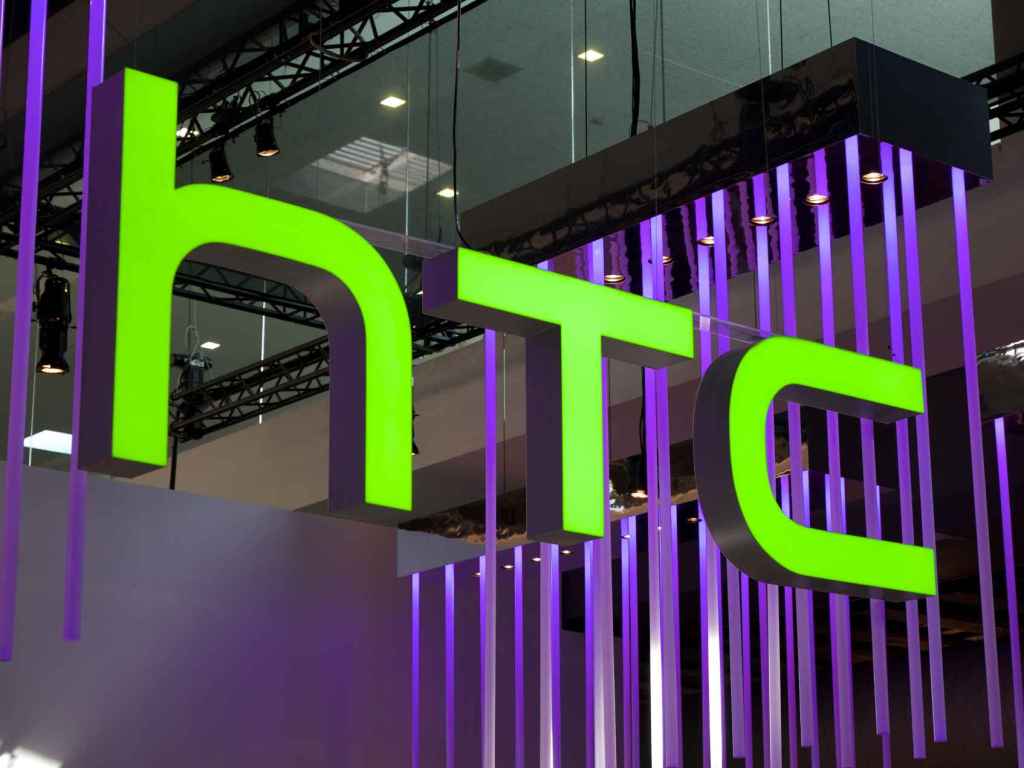Just as reality appears to be getting worse by the day, VR companies are doing the lord’s work and making the price of escaping it a bit more accessible.
HTC is dropping the price of its Vive virtual reality system from $799 to $599 as the Taiwanese tech giant seeks to compete with aggressive price cuts coming from Facebook-owned Oculus and their Rift headset.
At the beginning of the 2017 calendar year, both Oculus and HTC were selling their flagship VR headsets and motion controllers for roughly $800, but a pair of deep price cuts and a temporary summer sale has left the price of the Oculus Rift at $399, nearly half of its original sticker price.
Once Oculus’s summer-long sale on its headset ends, the Rift will retail for $499, notably still $100 cheaper than the Vive’s updated pricing.
Though HTC fancies the Vive a more premium experience than the Rift, the two are really on mostly equal footing from a hardware standpoint with each having some marginal advantages over the other. For HTC, the task of defending a price tag double its competitor’s has been one in honing its brand messaging in the face of a massive price differential.
Just this past March, HTC exec Patrick Seybold said that the company would not be lowering the price of the headset. “We don’t feel the need to cut the price of Vive, as we’ve had incredible success, and continue to see great momentum in market,” he said.
Nevertheless, HTC executives insist that today’s $200 drop was one planned long before Oculus dramatically slashed the price of its own system.
All is fair in PR and war, but over the past several months it’s become clear that the war is no longer HTC and Oculus trying to discover who is Betamax and who is VHS, now they’re just trying to ensure that high-end VR doesn’t turn out to be LaserDisc. Though few of the big players are keen to readily admit it, many investors and analysts have been less than thrilled with the pace of headset sales over the past year.
The problem really doesn’t seem to be so much the headset price as it is the need to buy a powerful desktop PC which retail for around $700+. Though both are working on all-in-one headsets which don’t require a smartphone or PC to operate, it’s unclear how wide the gap in quality will be between the new headsets and their PC-powered older brothers.
HTC has dedicated efforts over the past year to ensure that users can have a more modular approach to upgrades on the Vive which really have made having a lower base price a necessity. The company has introduced an integrated audio head strap and has been working with partners to bring technologies like eye-tracking and wireless-streaming to the headset through add-ons.
The company will soon have even more competition as Microsoft begins selling “Mixed Reality” headsets from various hardware manufacturers over the holidays and sets sights on a wireless VR headset for its upcoming Xbox One X.































Comment